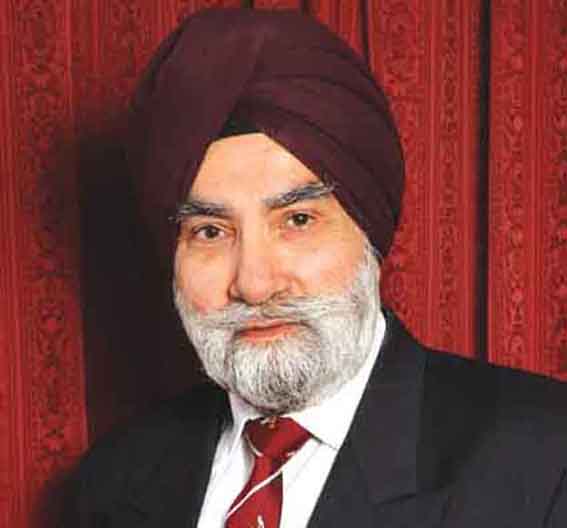Care in Old Age a Community Issue

From About mid-1950s, first generation Sikhs came to the UK, worked hard, faced racial prejudice and lived through a challenging and fast changing work and social environment. They did well materially. They were least dependent on State Welfare and they invested in next generations hoping for care by own family in old age.
Partly due to the COVID pandemic, social care and wellbeing of the ageing population continue to make headlines. Most immigrant communities share similar experiences when it comes to ageing and related mental and physical health-care needs.
Many first-generation immigrant Sikhs are no longer with us. Others are over 80 years old and face the usual human challenges of ageing, mental and physical health. Over the decades, first generation Sikh immigrants arrived in the UK not only from Panjab but also from many diaspora countries. They have mixed through interaction at gurdwaras, community activism and through marriages of growing children.
Their aspirations and investment plans have undergone gradual change. For example, over 60 years ago, when I came to the UK to work and study, most Sikh workers from Panjab wanted to save enough to be able to invest in and return to their beloved Des Panjab to be able to live a comfortable life.
Those aims changed as their children grew up in the UK and showed hardly any interest in Panjab, more so after the traumatic events of 1984. The persecution which followed and the desertification and environment deterioration due to agro-economic mismanaged of the state meant that migration of Panjabi youth continues to this day. Also, Sikh immigrants to the UK from other countries were more interested in settling down in the UK.
Despite their material success, generally, older generations feel neglected by the younger generations due to lack of traditional continuity of cultural and family values. Their expectations have not been fulfilled and some even feel exploited and insecure about their future. Many remain doubtful if they would be cared for when they are no longer able to manage themselves, or, more likely, just left to state welfare as is the plight of most elderly in the white majority community.
The extended family contacts are decreasing for most as next generation care less for relationships and isolate themselves into self-centred nuclear family units more concerned with material things and modern entertainment and technology. With few exceptions, grandchildren do not have loving relationships with grandparents who are left isolated on their own. Generation gap has always been there and received mention in the Vaars of Bhai Gurdas ((Vars 37 Pauris 10-13 for example,&hellip ਮਾਂ ਪਿਉ ਦੇ ਉਪਕਾਰ ਵਿਸਾਰੇ ।). Attitudinal change of grown up children following marriage is mentioned by Bhai Sahib.
Investment in children has always been a tricky issue if made with expectation of old age care by them. Those expectations need a review in the modern day and age. Less reliance on and expectation from grown-up children should lead to more secure investment for old age elsewhere. That is true with the majority white community which has moved on from Victorian family system.
Today, ageing parents do need affection and care from next generations. Otherwise, as a community, we will be so much the poorer due to lack of continuity of family and community heritage.
Gurmukh Singh OBE
Ret&rsquod Principal Civil Servant (UK)